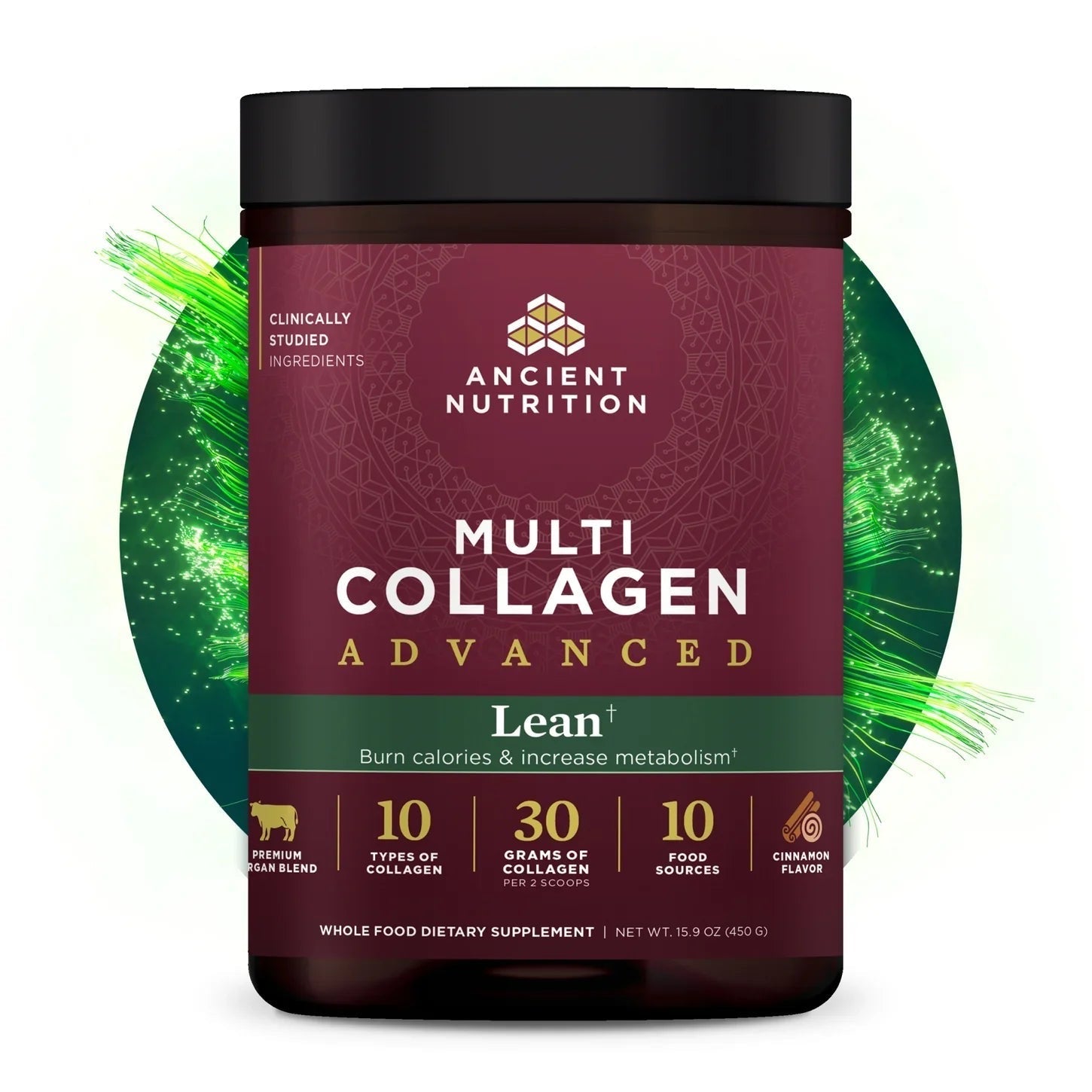
Understanding Inflammation: Natural Strategies for Support and Relief
, 3 min reading time

, 3 min reading time
Inflammation, the body's natural response to injury and infection, plays a crucial role in healing and protection. However, when inflammation becomes chronic, it can contribute to a host of health issues, including heart disease, diabetes, and autoimmune disorders. Fortunately, there are many natural strategies to support and manage inflammation, promoting overall health and well-being.
The Role of Inflammation in the Body
Inflammation is a complex biological process that occurs in response to harmful stimuli, such as pathogens, toxins, or physical injury. When tissues are damaged, the body releases inflammatory mediators, including cytokines and prostaglandins, which trigger immune cells to migrate to the site of injury or infection. This immune response helps to remove harmful agents, repair damaged tissues, and initiate the healing process.
Acute vs. Chronic Inflammation
Acute inflammation is a short-term response that typically resolves once the underlying cause has been eliminated. It is characterized by symptoms such as redness, swelling, heat, and pain. In contrast, chronic inflammation persists over time, often without any apparent trigger, and can lead to tissue damage and dysfunction.
Contributing Factors to Chronic Inflammation
Several factors can contribute to chronic inflammation, including poor diet, sedentary lifestyle, stress, environmental toxins, and underlying health conditions such as obesity and autoimmune disorders. Processed foods high in refined sugars, unhealthy fats, and artificial additives can promote inflammation in the body, while regular physical activity, stress management techniques, and a nutrient-rich diet can help reduce inflammation and support overall health.
Natural Strategies for Inflammation Support
Anti-inflammatory Diet: Focus on whole, nutrient-dense foods such as fruits, vegetables, nuts, seeds, legumes, and fatty fish rich in omega-3 fatty acids. Limit or avoid processed foods, refined sugars, trans fats, and excessive alcohol, which can contribute to inflammation.
Herbal Remedies: Many herbs possess potent anti-inflammatory properties and can be used to support the body's natural healing processes. Turmeric, ginger, boswellia, and green tea are among the herbs commonly used for their anti-inflammatory benefits.
Omega-3 Fatty Acids: Incorporate sources of omega-3 fatty acids, such as fatty fish (salmon, mackerel, sardines), flaxseeds, chia seeds, and walnuts, into your diet. Omega-3s have been shown to reduce inflammation and may help alleviate symptoms of inflammatory conditions such as arthritis.
Probiotics: Support gut health with probiotic-rich foods like yogurt, kefir, sauerkraut, and kimchi. A healthy gut microbiome is essential for immune function and can help regulate inflammation throughout the body.
Stress Reduction: Practice stress management techniques such as meditation, deep breathing exercises, yoga, or spending time in nature. Chronic stress can exacerbate inflammation, so finding healthy ways to relax and unwind is essential for inflammation support.
Regular Exercise: Engage in regular physical activity to promote circulation, reduce inflammation, and support overall health. Aim for a mix of cardiovascular exercise, strength training, and flexibility exercises for optimal results.
Quality Sleep: Prioritize quality sleep to support immune function, hormone balance, and tissue repair. Aim for 7-9 hours of uninterrupted sleep per night and establish a relaxing bedtime routine to promote restful sleep.
Hydration: Drink plenty of water throughout the day to stay hydrated and support detoxification processes. Proper hydration is essential for cellular function and can help reduce inflammation in the body.
Inflammation is a natural and necessary process for healing and protection, but when it becomes chronic, it can contribute to a range of health issues. By adopting a holistic approach to inflammation support, including dietary modifications, lifestyle changes, and natural remedies, you can promote overall health and well-being while reducing the risk of chronic disease. Listen to your body, prioritize self-care, and seek support from healthcare professionals as needed to develop a personalized plan for inflammation management and prevention.
**Always consult with your healthcare provider before making any changes to your diet, exercise routine, or supplementation regimen.



